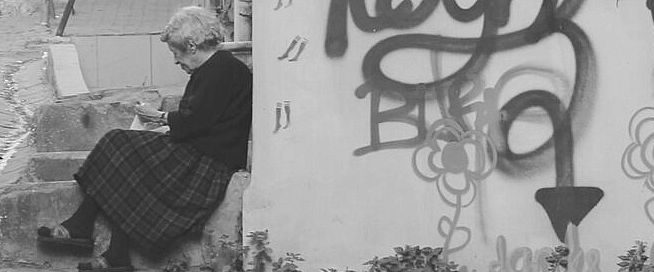Supported by Social & Legal Studies and Socio-Legal Studies Association
Speakers
Gianpaolo Baiocchi, NYU
Chiara De Cesari, Amsterdam
John Clarke, OU
Davina Cooper, Kent
Nikita Dhawan, Innsbruck
Luis Eslava, Kent
Nick Gill, Exeter
Ruth Kinna, Loughborough
Janet Newman, OU
Joe Painter, Durham
Shirin Rai, Warwick,
Maria do Mar Castro Varela, Alice Salomon University Berlin
Introduction
Do states have a place within progressive politics and might the state need to be reimagined in the process? If states are conceptualised in conventional ways as unified, territorially bounded, sovereign apparatuses coordinating the national and international interests of economic elites and logics, and depressing subaltern agendas, the capacity for states to advance social justice and equality may seem limited. But is it possible to conceptualise what it is to be a state differently; how much flexibility is there in the state’s reimagining?
Within progressive academic work, states are understood in hugely diverse ways: as structures, social formations, terrains, and assemblages; more abstractly, as intangible ideas or the discursive effects of political and other practices; they are approached as expansive entities that incorporate or “flood” civil society and as limited, defined institutional apparatuses. Typically seen as organised around (and as organising) hegemonic interests, states sometimes are seen, conceptually or politically, as making room for contradiction – incorporating, even as they may diffuse and defuse, minority and oppositional concerns. And, while most state scholarship focuses on the nation-state, other entities are also sometimes identified as making state-like claims, including cities, national liberation movements, international bodies, and guerrilla strongholds? When, then, should bodies be identified as state ones? To what extent does identification depend on external forms of recognition; and if so, by whom or what?
This workshop starts from the premise that how concepts, such as the state, are imagined and understood depends on what they are being imagined for. While conceptual thinking is shaped by the social conditions, problems and challenges of its time and place, some ways of thinking about states appear to advance critique far more than they advance transformative thinking. This workshop explores forms of state conceptualising and reimagining that hold some promise for transformative social politics, addressing the state’s relationship to progressive social change as well as the contours of hoped-for worlds. But doing so poses the question: what can reimagining accomplish? When, and in what conditions, might “prefigurative” state imaginaries have material and social effects as opposed to remaining spectral forms of thinking that circulate briefly but go nowhere?
The workshop program (open to all) and speaker’s ‘think pieces’ (password-protected: for attendees only) are available here:
Imagining the State for Progressive Politics workshop program
Chiara De Cesari
John Clarke
Davina Cooper
Nikita Dhawan
Luis Eslava
Nick Gill
Ruth Kinna
Janet Newman
Joe Painter
Shirin Rai
Maria do Mar Castro Varela
